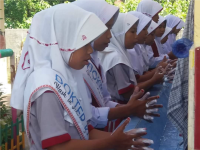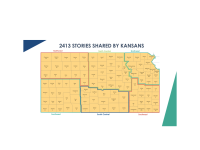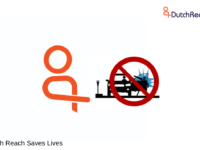Case Study
Protecting public health and reducing the availability of illicit tobacco products through the…
Tobacco use is extremely harmful to health and its illicit trade causes billions in tax revenue losses each year. The EU Tobacco Products Directive (TPD) provides for the establishment of a tracking and tracing system that enables the authorities to follow the movements of every packet of the 26 billion or more sold or produced in the EU, along every step of the supply chain, via real-time reporting by industry. The system is a tool for authorities in implementing their tobacco control policy.



